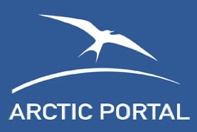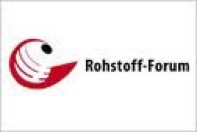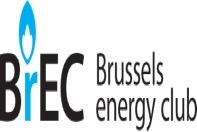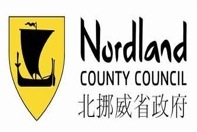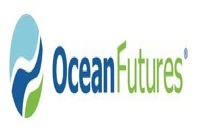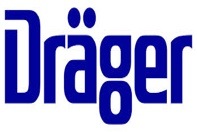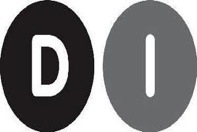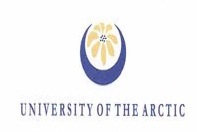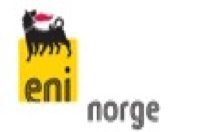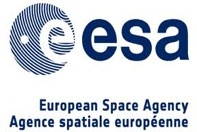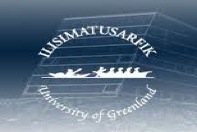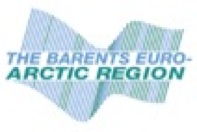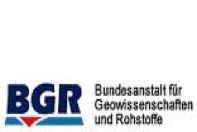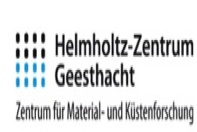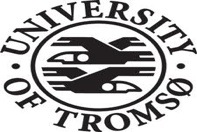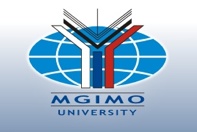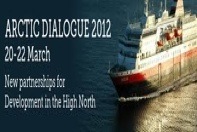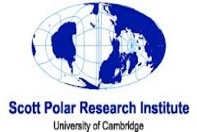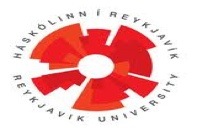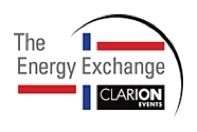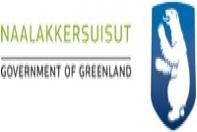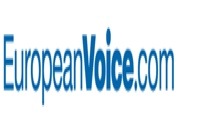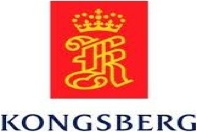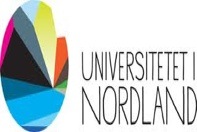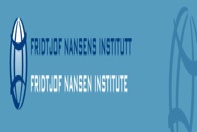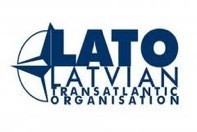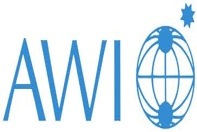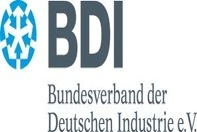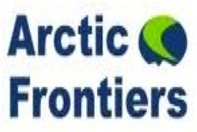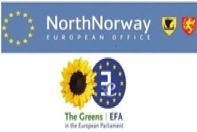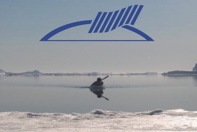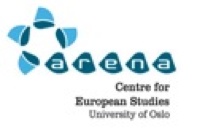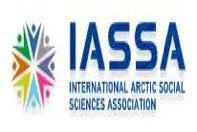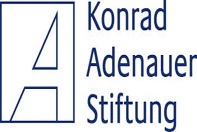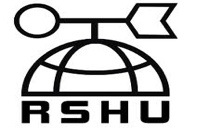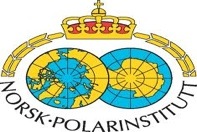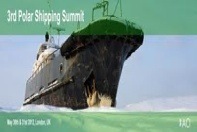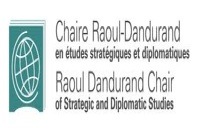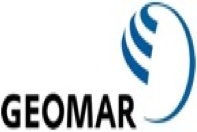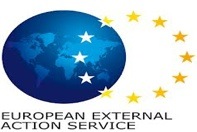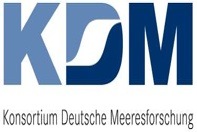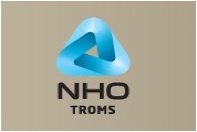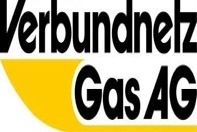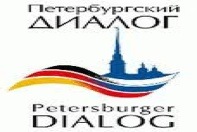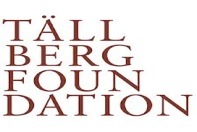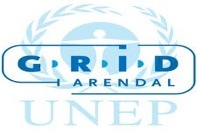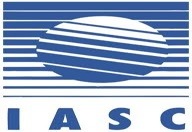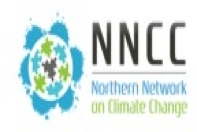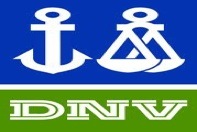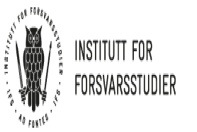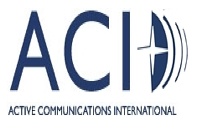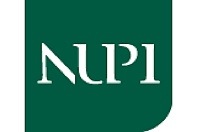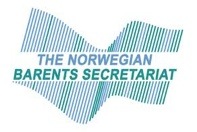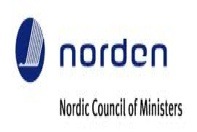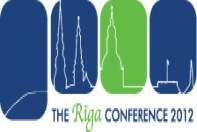Greenland: A key for future developments in the Arctic
 Rapid developments in the Arctic region have highlighted the importance of Greenland, a self-ruled territory that is closely linked to the European Union and has all the strategic assets to attract any country, particularly a power like China. Greenland is about half of the size of the European Union, and is inhabited by less than 57 000 persons. The territory’s state-building process is therefore of great importance for future developments in the Arctic and global energy security, particularly due to Greenland’s enormous potential of Rare Earth Elements, that are needed to develop the technology base for a low carbon century.Greenland’s Self Rule Act from 2009 has generated growing interest amongst the international community and coincides with a strengthened global attention on the Arctic region. Greenland has all that a power like China could be looking for: natural resources (Rare Earth Elements, Uranium, Iron Ore, etc.), enormous reserve of water, strategic costal dimension in the Arctic Ocean, etc.
Rapid developments in the Arctic region have highlighted the importance of Greenland, a self-ruled territory that is closely linked to the European Union and has all the strategic assets to attract any country, particularly a power like China. Greenland is about half of the size of the European Union, and is inhabited by less than 57 000 persons. The territory’s state-building process is therefore of great importance for future developments in the Arctic and global energy security, particularly due to Greenland’s enormous potential of Rare Earth Elements, that are needed to develop the technology base for a low carbon century.Greenland’s Self Rule Act from 2009 has generated growing interest amongst the international community and coincides with a strengthened global attention on the Arctic region. Greenland has all that a power like China could be looking for: natural resources (Rare Earth Elements, Uranium, Iron Ore, etc.), enormous reserve of water, strategic costal dimension in the Arctic Ocean, etc.
Greenland’s Rare Earth Elements are seen to be crucial for securing low carbon economies. China controls more than 97% of the world’s REE-production and that has caused concerned in Western economies. As the REE-demand is rising fast, Greenland and its non-Chinese owned enormous REE-potential are becoming strategic. The Arctic island may be able to supply at least 25% of the world’s REE-demand in the next 50 years. But it may actually be more: new data from 2011 showed that a mine in South Greenland – which was expected to be exploited during 25-30 years – may be exploited during 300 years, if not more.
Greenland’s state-building process has become a major energy security issue, particularly given the territory’s REE-potential, as soon as an economic assistance from a country willing at the same time to secure its domestic growth through natural resources and to strengthen its presence in the region is possible in case of the economic failure of a Greenlandic state.
In the long term, if Greenland aims to become formally independent from Denmark it will need to create its own economic “security net” to avoid. Foreign economic assistance Because these safety measures are not currently in place, and because Greenland relies on foreign support, its best option is to rejoin a partly supranational entity, either in North America or in Europe. For now, there is no equivalent to the EU but time will of course show how the EU will look like in several decades.
This “security net” will be of importance for Greenland, in order to keep control over its natural resources. It will also of importance for Arctic states and future developments in the Arctic as well as for global energy security due to Greenland’s strategic resources.
The European Union, a main partner for Greenland in the education sector, could advocate its role in the Arctic by financially supporting the need of Greenland’s development. Not only using the framework of the Greenland-EU partnership, but also promoting EU’s education and research programmes to Greenlandic institutions, as Greenland has access to them as one of the Overseas Countries and Territories, a forum that Greenland will chair in 2012.
Dr Damien Degeorges
Junior Research Fellow EU Arctic Forum
Junior Researcher, French Institute of Strategic Research (IRSEM)
Member of the China Security Study Network (CHINA-SEC), Denmark
www.legroenland.fr
